In February, I was fortunate enough to visit Jordan. The first Middle Eastern and predominantly Arabic country I have been to. I’ve been to a fair few countries now, though, since russia’s full-scale invasion, it is the first time I’ve been outside of Europe. I was curious how locals would speak to me and my wife. Would people be sympathetic? Or would russian propaganda be strong here? How far away did the war feel?

In some ways, I felt it might be good to feel far away from it all. Though, as I’ve felt outside of Ukraine, it can be frustrating sometimes to see life go on and people be so uninvolved. Not because it’s bad, but, because I envy their ability to continue without the levels of concern I feel. The other issue when abroad is being overloaded with questions, making you feel you cannot escape the war. It’s contradictory I know, but it is how I feel, and I certainly know Ukrainians and others who made Ukraine their home feel.
Before I proceed, I will generally say Jordan was a great place to visit. I mostly preferred the places and the people’s attitude when away from the tourist traps. For example, the town of Madaba had very friendly people who genuinely wanted to talk to you, rather than Petra/Wadi Mujib, where the tourism industry is the lifeblood, and people tend to only want money from you. Though Petra itself was a genuinely awesome experience. We bought tickets to the frankly slightly underwhelming event of Petra by Night, meaning we could stay in the area after kick-out time, and we did one hike to a viewpoint almost by ourselves.
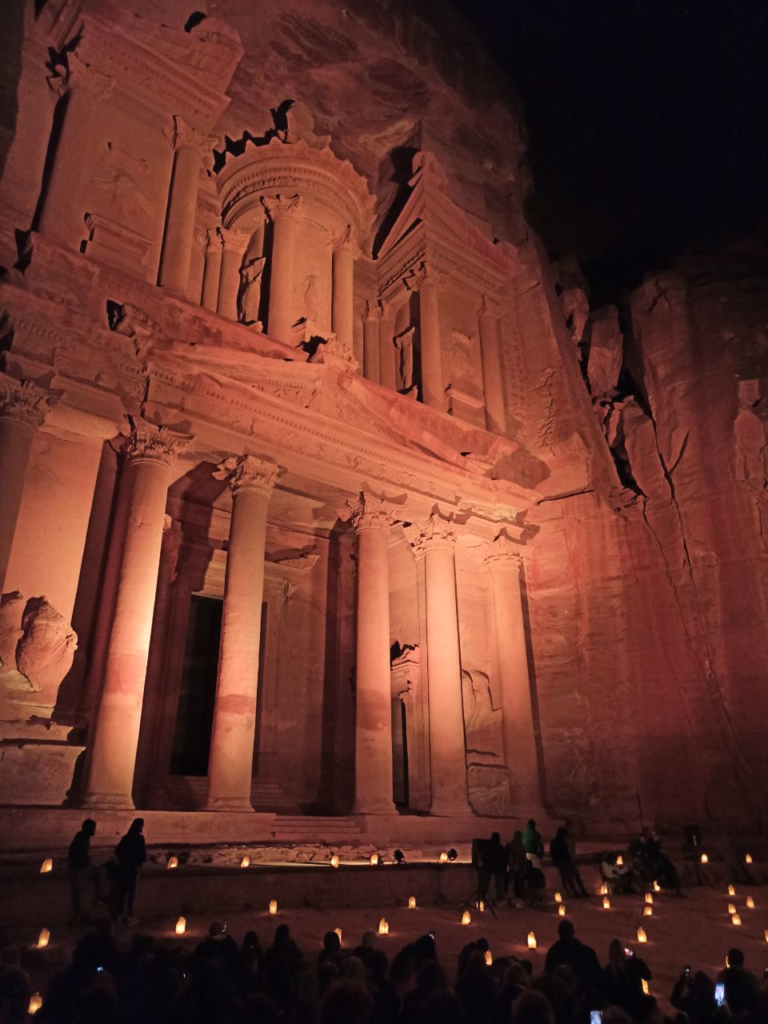
On the way up, we had a moment when we could hear someone playing flute, as we overlooked the many steps of this ancient city that we just climbed. It was genuinely nothing short of magical. As we got to the top we met the woman playing and exchanged a few pleasantries before she left downwards to go home, and told us how to reach the top.

Amman is also a great city, I wish we spent more time there, but we were somewhat constrained with our schedule. It’s very affordable, and feels like a truly vibrant city, with great food options. Driving, however, is very stressful inside the city.
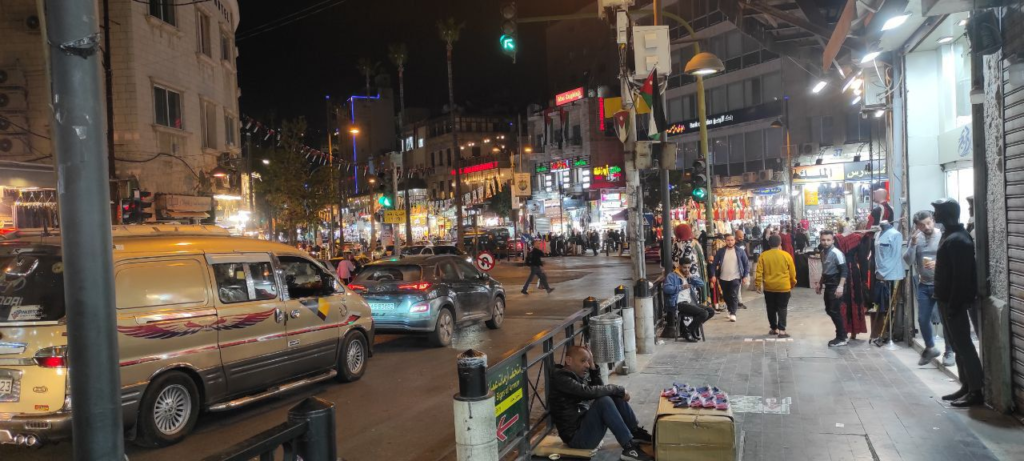
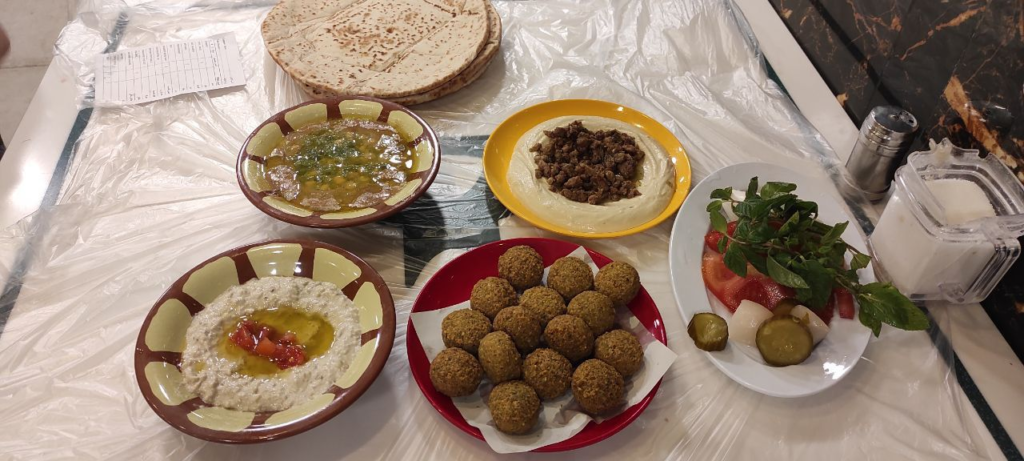
Aqaba was fine, I can’t say too much either way, just a typical seaside town. Visiting the Dead Sea was an experience, glad we did it, but the hotel was just fine and everything nearby was expensive and touristic. Although, we found a fantastic restaurant that was out of the way in a random town, where local women were funded by various NGOs to cook delicious food for an agreeable price and sell handmade goods.
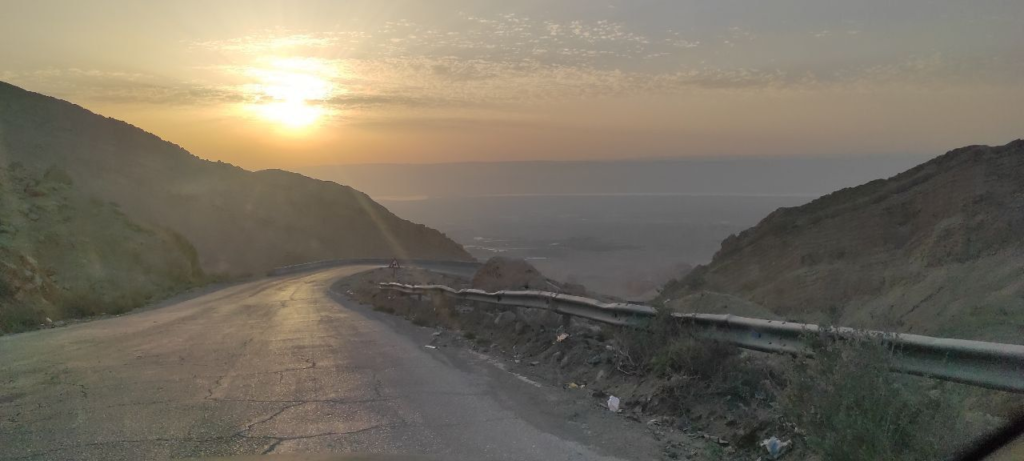

Wadi Rum is an experience few should pass up. To be out in the desert, to look up at the stars, nothing but you, whoever you are with, and nothing for miles around you is unforgettable. I can understand why its such a visited place. Then to see the bright red rock as the sun rises, the warmth trickling in before it becomes overwhelming, and to hear nothing but a few voices echo down the valleys. It is a once-in-a-lifetime trip everyone should do.
So what did the locals think about the russian invasion? Overwhelmingly, everyone was very sympathetic. Some, like a juice seller in Madaba, said very passionately “We do NOT stand with russia, we stand with Ukraine”. Others would ask “how is the war there” and we would explain the size of the country and the situation in brief. Two conversations, however, stick with me.
One was a Bedouin man who ran a cafe along a main road overlooking Wadi Mujib. He spoke excellent English (as did many Jordanians) and had spent time in Germany and Switzerland (though he did not like Switzerland that much). He absolutely blamed Russia for the invasion, but he said how Americans would betray Ukraine after the war. He believed that Russia and America were as bad as each other. Now, we pressed him on this a bit, and he agreed America didn’t cause the war or anything like that, but he stressed again that after the war, America may betray Ukraine.
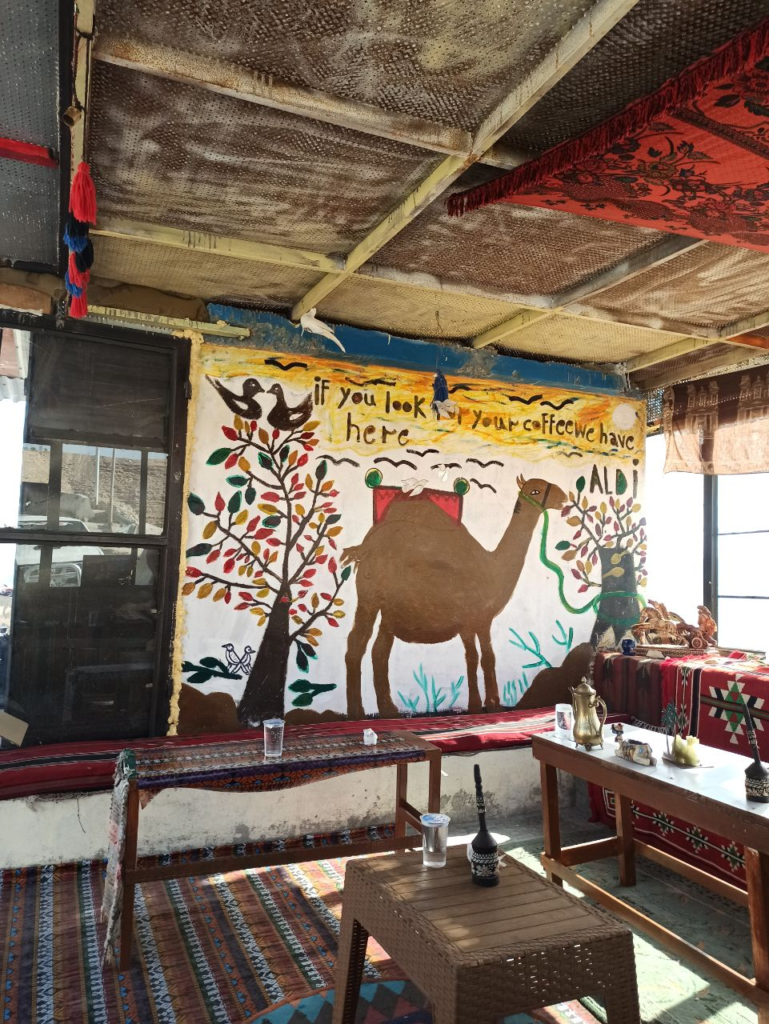
I completely understood why in this region of the world people would feel that way. How often had America, or the West in general, got involved to abandon people it had come to help? All this conversation was taking place while sitting in this little café, with open windows overlooking a stunning vista, drinking coffee heavy with cardamom, mixing with the tobacco smoke that was almost ubiquitous within Jordan. I even saw a guy walk into a lift with me, smoking, and walk down the corridor to his room, despite all the No Smoking signs.
This ties me to the next conversation. We were in Wadi Rum (as just mentioned), the famous desert where Lawrence (of Arabia) spent some time attacking Ottoman rails, and the film also used locations in the desert.
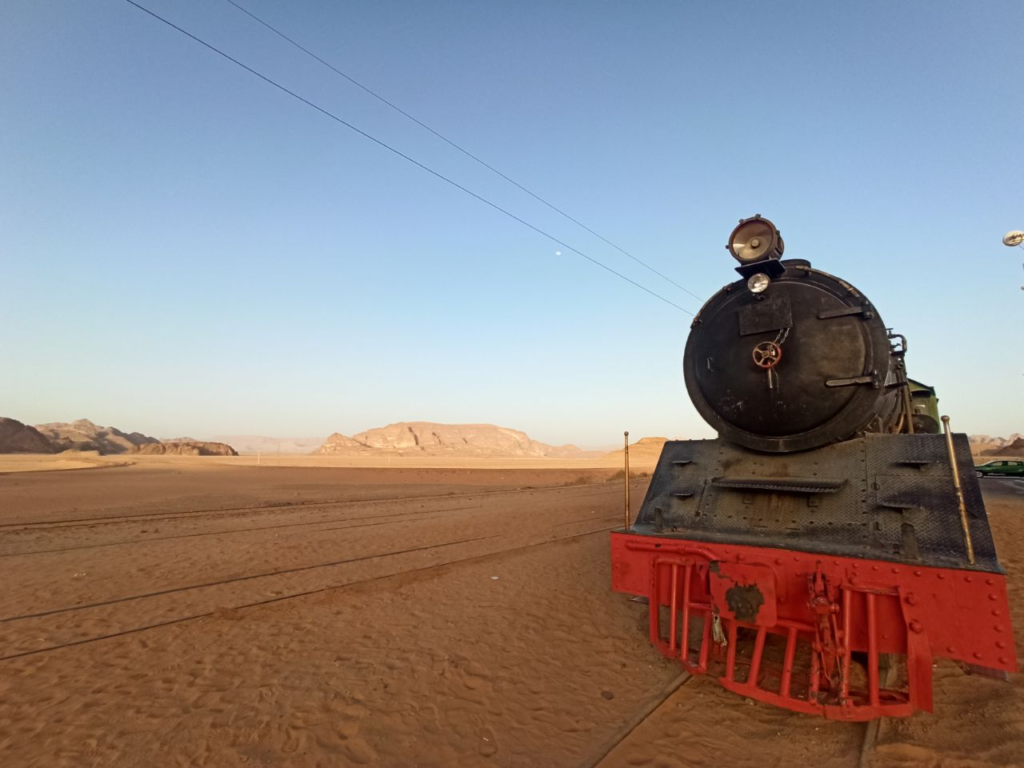
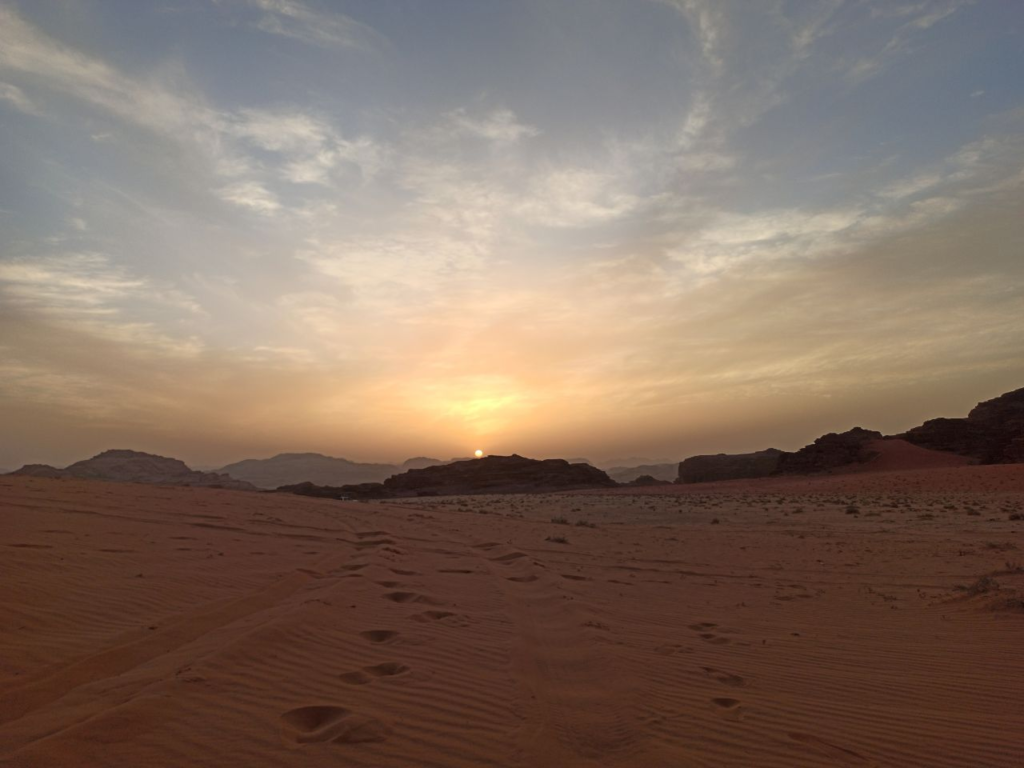
All the tour operators are Bedouins, They often explained to us, like the guide who took us around the desert, how hard life was before tourism. He, the brother of the main company owner, told stories of how his grandfather, with a car after the war with Israel, set up tourism here with others. But, generally, tourism that has grown considerably has improved their lives, as before life was based around herding livestock and sending those goods far, often by Camel. Apparently, when Covid took away tourism, some returned to this life, but the return of tourism was eagerly awaited.
The main operator was whom we had the in-depth discussion of the war and the Bedouins history. He stressed, again, that he does not support russia, and many don’t either among the Bedouins or Jordan. He explained though, like the other guy, a grievance with the West. For one, he believes that the West plays political games in the Middle East and around the world. He then recounted how his great-grandfather who met Lawrence of Arabia had nothing good to say about him, and how the fight for the Arabs’ independence led to the formation of borders, Sykes-Picot, and the loss of space for the Bedouin.
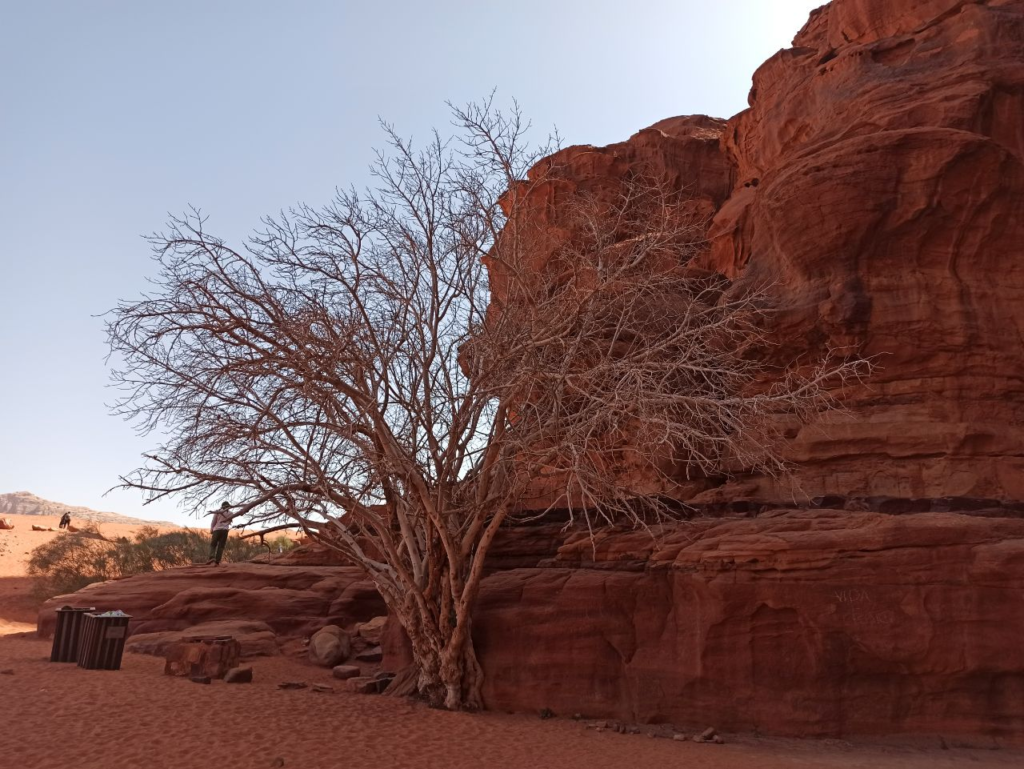
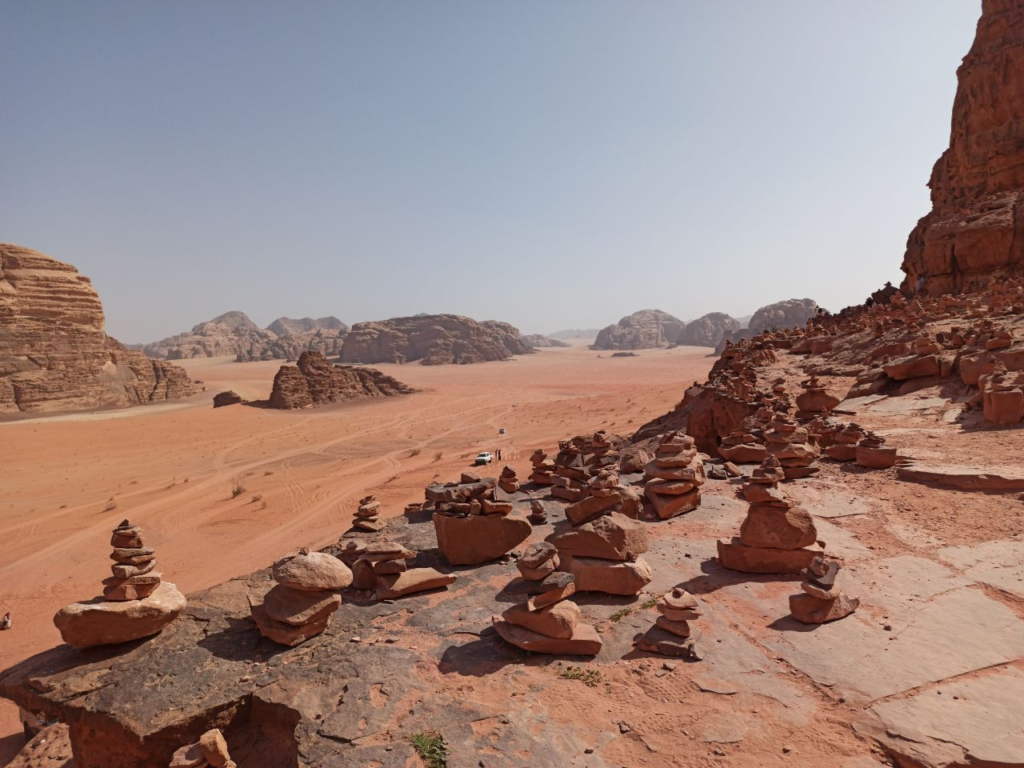
Certainly, I could not argue with that. He also believed that America was inconsistent, for turning a blind eye to the plight of the Palestinians. As many Jordanians are themselves either refugees or descendants of refugees from Palestine, I understood this, and it is not something I could argue with. Unsurprisingly, he, and no one else I spoke to, had a good view of Israel (as a country, plenty of Israeli tourists come to Jordan). He did also believe that one day Ukraine and Russia could have peace, unlike Israel, which would be a forever war he felt. We tried to explain that the seemingly apparent cultural similarities between russia and Ukraine mask the differences and the history of imperial erasure of Ukrainian culture, and he was quite surprised yet very sympathetic.
Overall, I found these conversations enlightening. Many people have sympathy to Ukraine, they feel slightly hurt that others do not help their plight, but they do not blame Ukraine, nor wish anyone to stop helping them. For every Western leftist decrying the lack of support for Palestine as a reason to stop helping Ukraine, they do not actually share the view with those directly connected to Palestine. Perhaps in Palestine, it is a different view, of course. However, I think it is important for us not to make negative presumptions about the world that other countries do not sympathise with Ukraine. In fact, many do, and it is important to reach out and garner more support. Though perhaps we may also need to look at where support is also needed in the world.

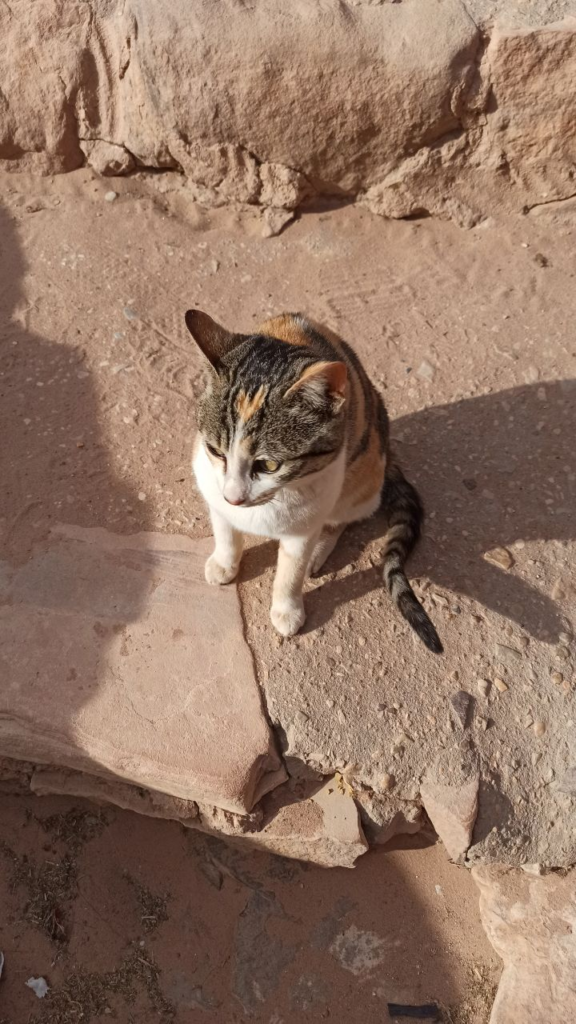
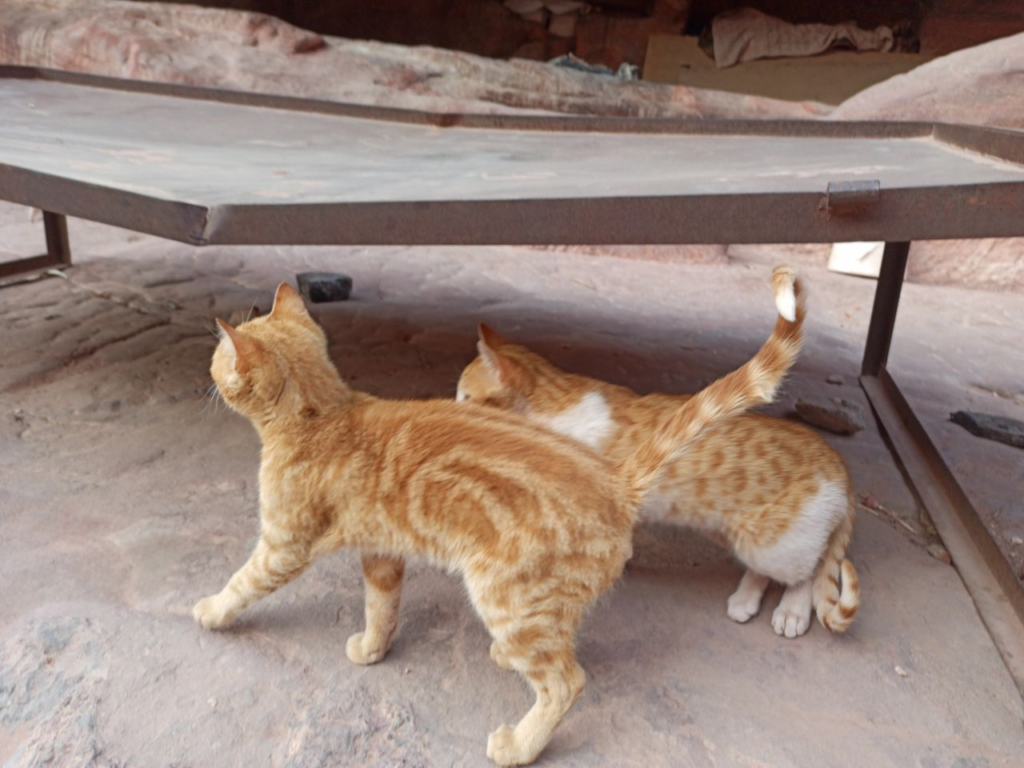
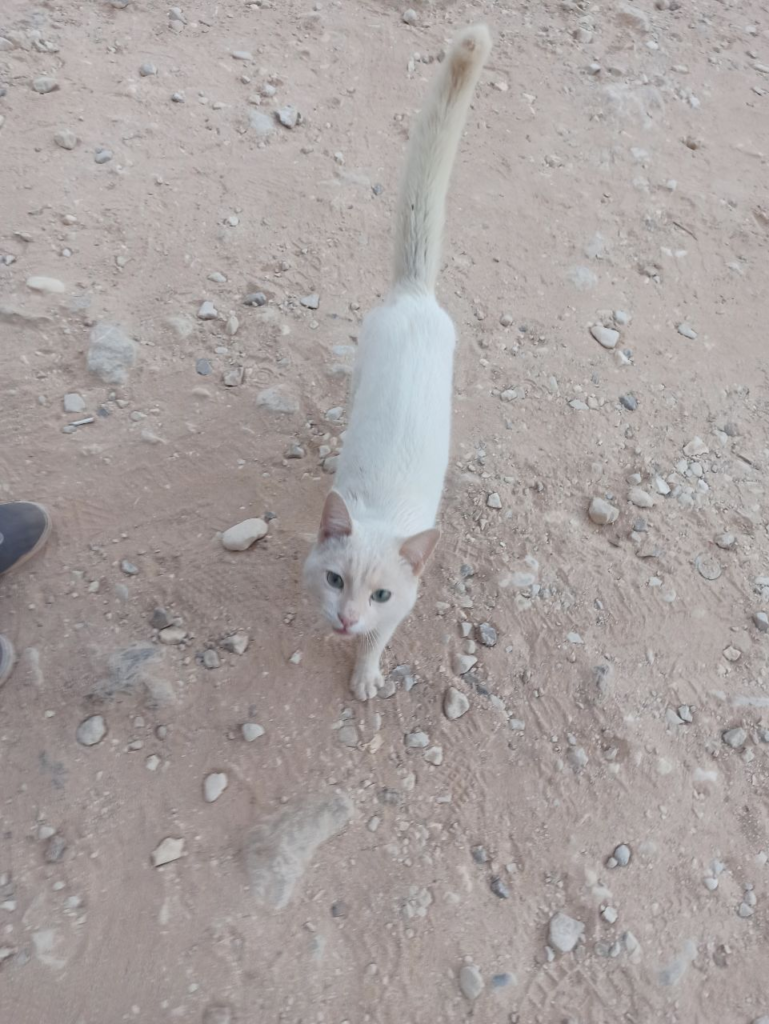
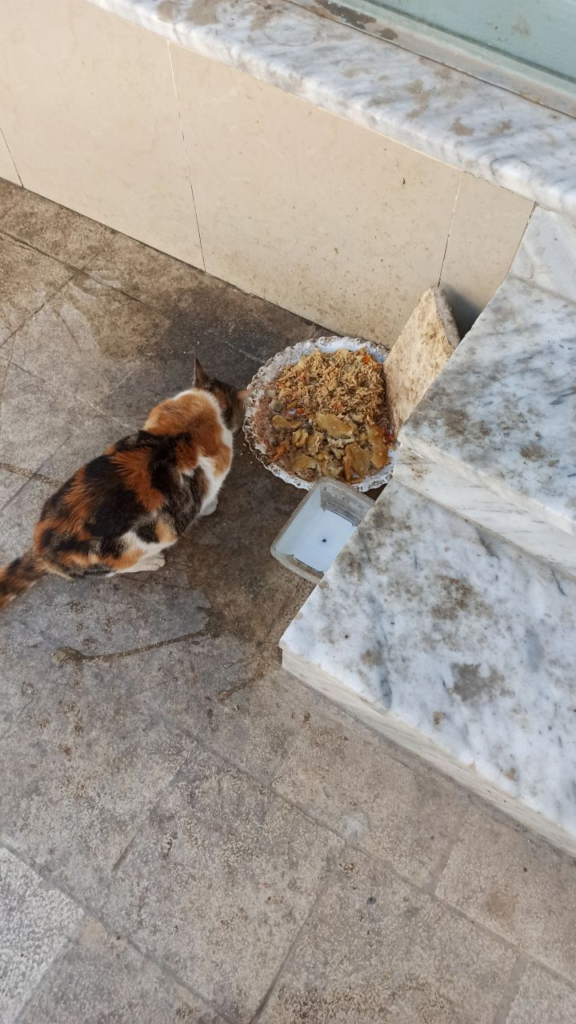

Leave a Reply